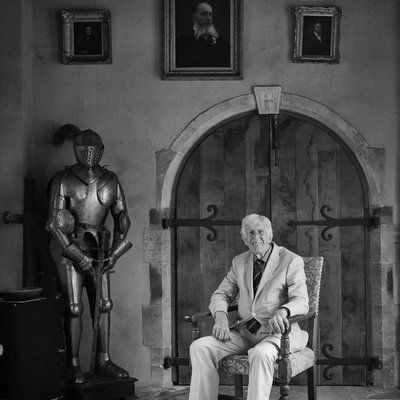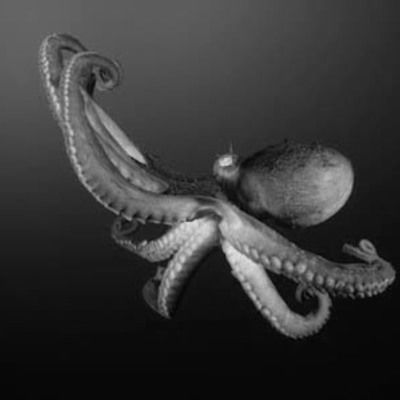History as End
1619, 1776, and the politics of the past
Showing 25 articles matching fk33.cc_What is the price of magnesium sulfate heptahydrate.
1619, 1776, and the politics of the past
Matthew Karp Harper's Jun 2021 25min Permalink
Meditations on the myth of the voiceless.
Amitav Ghosh Orion Sep 2021 20min Permalink
Remembering the loss of a parent and the birth of an addiction.
Cheryl Strayed DoubleTake Apr 1999 25min Permalink
On the 1866 murder of Laura Foster and the subsequent hanging of Tom Dula.
Paul Slade PlanetSlade Nov 2010 1h30min Permalink
Creating – and revising – the Fairy Tales of the Brothers Grimm.
Marina Warner New York Review of Books Jun 2015 15min Permalink
A profile of fashion designer Roberto Cavalli.
It’s 11 a.m. Cavalli has just risen from his wolf-fur-covered bed and said good morning to Boy, his tiger-striped Bengal cat, and Gino, his miniature monkey. At a breakfast table covered with a cloth of one of his swirling bird patterns, on which are placed four packs of cigarettes and two cigars, Cavalli sinks down on a leopard-print cushion. While he eats applesauce and drinks orange juice from Cavalli tableware, he is surrounded by his four parrots and three beautiful publicists. “Give me some bad questions,” he tells me, lighting a cigar. “I will try to be nice.”
Mark Seal Vanity Fair Aug 2009 20min Permalink
“What I had going for me was teen rage, contempt impervious to offers of compromise; the power of the mask capable of turning ice to marshmallow, and all the time in the world, all the ability to sustain it without surrendering.”
Jenny Diski London Review of Books Mar 2015 25min Permalink
A day in the economic life of the Nairobi’s Kibera, the largest shanty-town in Africa.
The Economist Dec 2012 15min Permalink
The inside story of how the U.S. missed the 2018 World Cup.
Andrew Helms, Matt Pentz The Ringer Jun 2018 40min Permalink
Firsthand accounts of the largest and most ambitious internment drive of a minority group since Nazi Germany, emerging from a region of totalitarian surveillance and control.
Ben Mauk The Believer Oct 2019 1h30min Permalink
What it was like to edit The New Republic at its most contentious.
One of the little tweaks I made the first time I got the job was to change the slogan on the table of contents from “A Journal of Politics and the Arts” back to the original: “A Weekly Journal of Opinion.” All the fine reporting notwithstanding, what The New Republic did best, had always done best, was opinion. Its politics were polemical, its art was the art of argument.
Hendrik Hertzberg New Republic Nov 2014 10min Permalink
The evolution of cheating in chess.
Dave McKenna Grantland Sep 2012 15min Permalink
The tormenting of Wen Ho Lee.
Wil S. Hylton Esquire Dec 2000 25min Permalink
The allure of invisibility.
Kathryn Schulz New Yorker Apr 2015 15min Permalink
How the actor ended up with a house full of tourniquets and syringes, an unflinching belief in the restorative powers of “ozone,” and the brain scan of someone who has “experienced the equivalent of blunt trauma.”
Daniel Voll Esquire Oct 1999 45min Permalink
The end of a marriage.
Rachel Cusk Granta May 2011 35min Permalink
Nathaniel Rich writes for Rolling Stone, Harper's and the New York Times Magazine. His latest novel is Odds Against Tomorrow.
"I'm drawn to obsession. I think I'm an obsessive in a way, probably most writers are. It's an obsessive act to sit at a desk by yourself."
Thanks to TinyLetter and EA SPORTS FIFA WORLD CUP for sponsoring this week's episode.
Jun 2014 Permalink
Casey Newton writes the Platformer newsletter. Kevin Roose is a technology columnist for The New York Times. Together they co-host the podcast Hard Fork.
CN: “People actually like to be a little bit confused. They like listening to things where people are talking about things they don’t quite understand, which was very counterintuitive to me. I think a lot of editor-types would scoff at, but I’ve come around.”KR: “We can revisit subjects and we do. We can change our minds. Print pieces feel so permanent, they feel so definitive. Podcasts, we can just sort of say, ‘I don't know what to make of this, ask me again in a month.’”
Aug 2023 Permalink
On spending six months on the southern coast of Argentina with the “Jane Goodall of penguins” and several hundred of her research subjects.
Eric Wagner Orion Jul 2011 15min Permalink
On Norman Bel Geddes, pioneer of miniatures and maker of the “most iconic World’s Fair exhibit of all time.”
B. Alexandra Szerlip The Believer May 2012 15min Permalink
With dozens of felines turning up dead around London, a pair of pet detectives set out to prove it was the work of a serial killer.
Phil Hoad The Atavist Mar 2021 50min Permalink

A ragtag band of pirate-Jihadists grab Americans from a diving resort in the Phillipines and lead them on an odyssey through the jungles of an archipelago with the competing interests of the Phillipines’ Navy and Army, the U.S. Military, and the C.I.A. thwarting their rescue.
Mark Bowden The Atlantic Mar 2007 45min Permalink

The Mews, a father-son team of orthodontists, have an unusual theory about the source of crooked teeth — one that has earned them a following in some of the darker corners of the internet.

The soul of an octopus.
Sy Montgomery Orion Oct 2011 20min Permalink
A profile of Beck on the eve of his new album and nearly 20 years after the release of “Loser.”
Dan P. Lee New York Dec 2012 15min Permalink